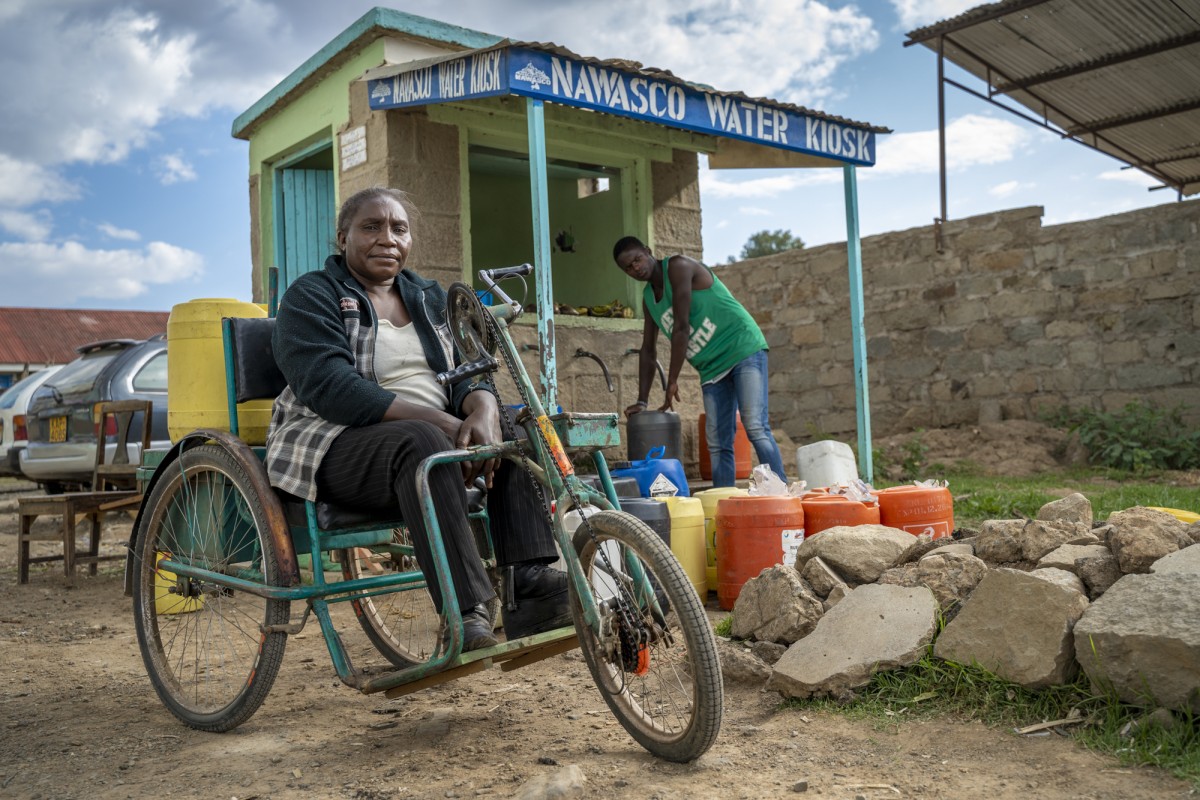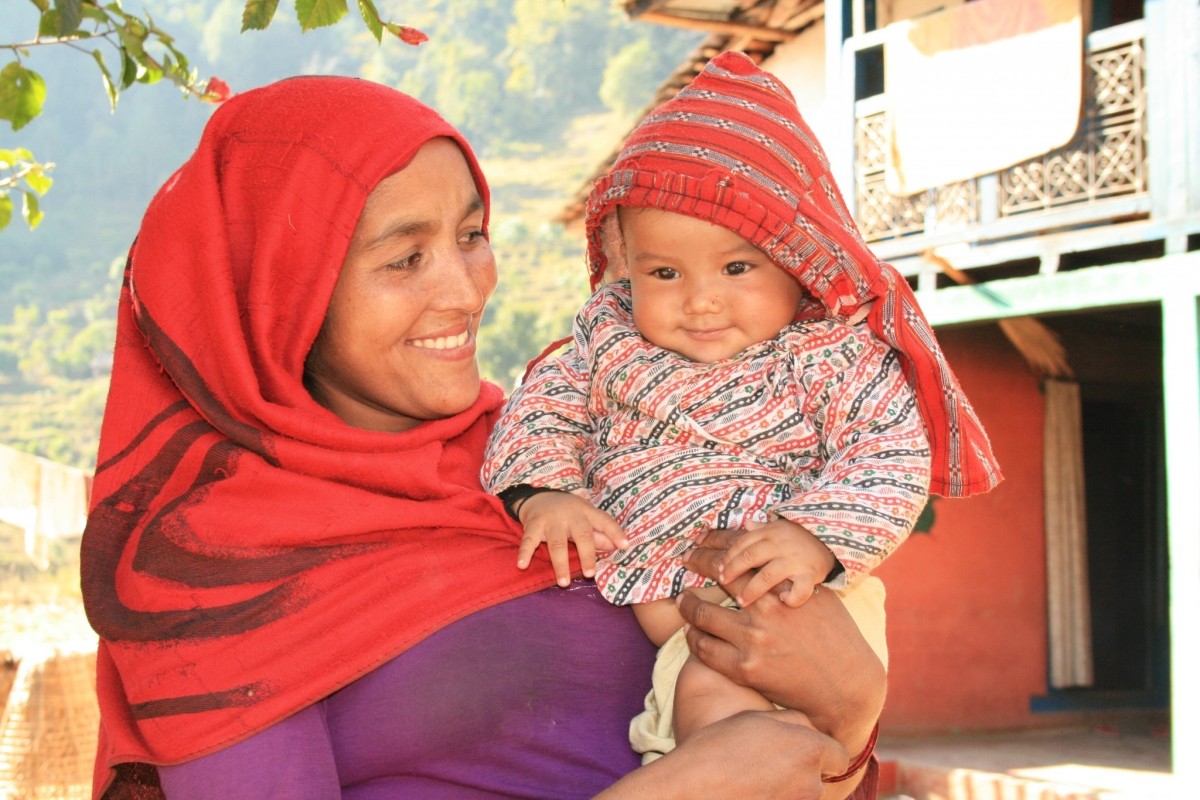Inclusion: Leaving No One Behind
With the adaptation of the 2030 agenda for Sustainable Development in September 2015, the world embarked on a 15-year journey to eradicate poverty, reduce inequalities and ensure equal opportunities and dignity.
Realising the human rights of all, is at the heart of the Agenda 2030 with the commitment to “leave no one behind” and prioritising the “furthest behind first”. In addition to “leave no one behind” being mainstreamed in the agenda, one specific goal (SDG 10) has been dedicated to reducing inequalities within and among the countries.
“A healthy life for all” equals including everyone
Simavi’s mission is “A healthy life for all”. Linking to the Agenda for Sustainable Development, this means that we strive to leave no one behind, meaning that everyone is able to fully participate in decision making processes related to them, their family and their society and enjoy basic health regardless of:
- gender
- age
- ethno-racial background
- financial status
- education level
- physical or mental ability
- religious and faith-based beliefs
- marital status
- geographical location
- sexual orientation
- language
- or any other socio-economic circumstances.

The relation between Inclusion and a Women-centred Approach
Through our Theory of Change, Simavi does not only strive for access to services for those who are currently left behind.
"We believe that women and girls, and socially excluded groups, should be engaged in decision making processes."
So that they can ensure that their rights and needs are recognised, respected and fulfilled. With our Women-centred Approach, Simavi addresses deeply rooted causes of gender inequalities by putting women and girls at the centre of our work. With our inclusive approach, we take into account the intersectionality of other dimensions of women’s identity with their gender identity that prevent them from enjoying fulfilment of their rights.
How we make sure that we leave no one behind
Inclusion is very context specific and involves many different aspects. An important starting point of our approach is therefore to identify those who have been left behind. We do this together with our implementing partners and community stakeholders.
We explore who is currently being excluded from access to information, use of SRHR and WASH services, as well as from resources and decision making processes. We then look at what the main barriers to their inclusion are, and how these differ for each group. We endeavor to follow the principle of “noting about us without us” and avoid making assumptions based on our own perception.
We either talk directly to women and socially excluded groups or work with organisations that represent them.
The next step is to explore ways of ensuring that these groups or organisations are actively engaged in all aspects of decision making processes of policy and programme design, implementation and monitoring and mutual learning. Together we explore ways to remove the barriers that they face in accessing and using SRHR and WASH information, services and products that meet their specific needs and fulfils their rights.
An important aspect of this strategy is to ensure specific groups are represented in decision making processes and can influence policies that are relevant to them. At the same time, Simavi and its implementing partners, seek ways to encourage policy makers, public and private service providers, UN agencies and donors to be inclusive in their policy formation, implementation, communication and investments.
Being an inclusive organisation
The principles of inclusion also apply to our organisation as well as those of our implementing partners. We continue to strengthen our capacity and that of our implementing partners to be more inclusive as an organisation. We continuously reflect on how inclusive we are in our role as programme designer and implementers and use our learnings to improve further.
Inclusion at work in our programmes:
Tools to improve inclusiveness:
- Guideline: improving Social Inclusion in WASH strategy of Dutch Ministry of Foreign Affairs
- Tool: Leaving No One Behind Through adopting an Inclusion Lens
- Facilitation manual for Leave No One Behind Training Workshop
- Video: Leave No One Behind – Key Concepts & Operational Model
- Organisation Inclusion Assessment Tool



